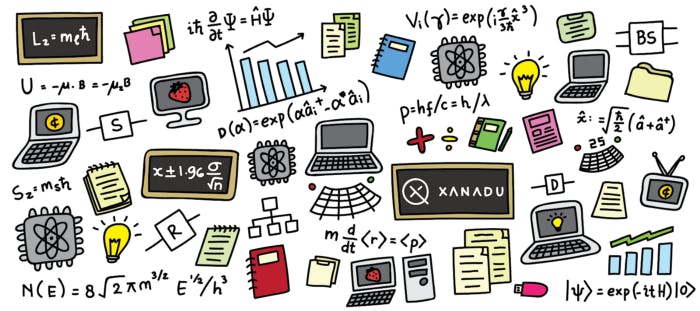1,175 reads
Getting started with Quantum Computing
by
August 3rd, 2022
Audio Presented by
I Design Thinking solutions to everyday problems and acquire the skills necessary to implement them.
About Author
I Design Thinking solutions to everyday problems and acquire the skills necessary to implement them.
